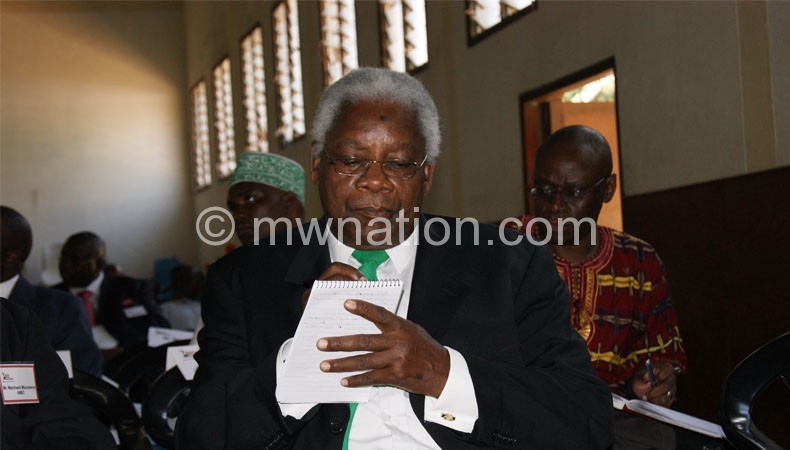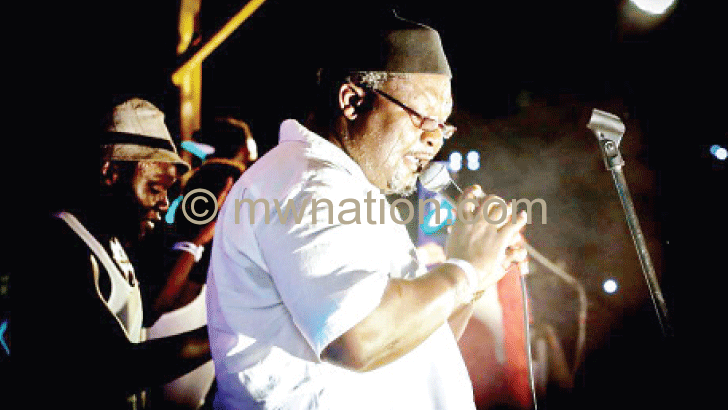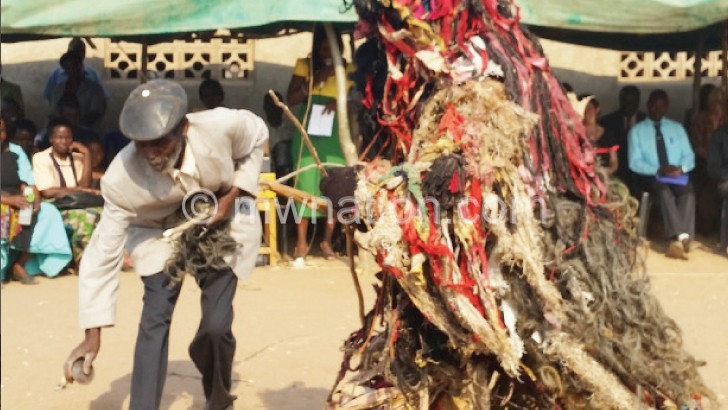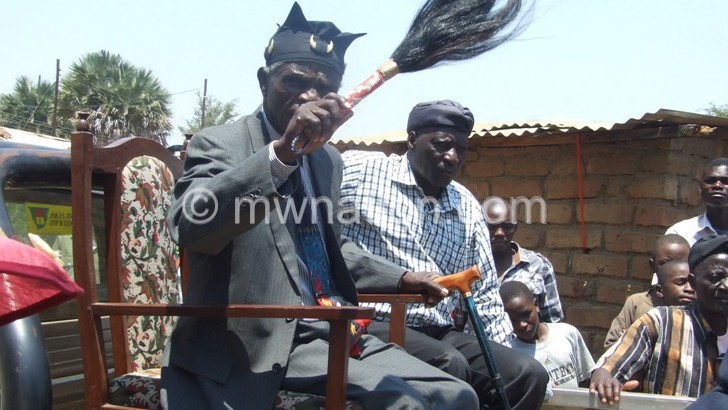The Sena’s love for profanity

A story is told that when the late President Kamuzu Banda visited the Lower Shire, a man dressed in rags, who had for so long heard stories of the great man rose, went straight to Kamuzu and excitedly addressed the president with obscene and offensive words.
Kamuzu, unable to understand the language, inquired from Gwanda Chakuamba, then a top party and government official, who explained that the man did that in praise of the Ngwazi.
A lot has been said about the Sena and their love for obscene language. They have also been rated as a group of people that does not shy from expressing their feelings.
But what do such words really mean and in what contexts are they used?
Group Village Head Makungwana in T/A Ngabu’s area, says their openness and use of such language is just a way to express emphasis especially when the words are used to children.
“We call our children mwaanabwa [puppy] when they do not listen or when they do things that you do not intend them to do. This does not necessarily mean that our children are puppies but it is just done to bring our children to attention for we all know that such words can be disturbing and certainly put everyone in place,” he said.
The village head said other cultures should understand that the use of such language is not to offend the subject but it is used in a cultural context.
For Chakuamba, the use of obscene words has nothing to do with an intention to hurt or offend anyone.
“Accusations have been made against the Sena about their use of obscene language, but what people do not understand is that this is done mostly when they are excited or short of words,” he explained.
Chakuamba said much as the Sena people are short-tempered, the use of obscene language is not their fighting weapon.
For cultural activist Dyson Gonthi, there is no problem with the use of obscene language use among the Sena.
“We should understand that the use of obscene language is their culture and, just like other cultures, Malawians should also appreciate this culture and understand what lies beneath it,” he said.
Concurring with Chakuamba, Gonthi says the Sena will not use language when angry, but will take the whole clan and beat up the person who has wronged them.
He said the environment they live in is also a contributing factor that has made the Sena open as they live in a hot area and usually walk around half-naked and take no offence with nudity.
“Chikwawa, Ngabu and Nsanje are hot areas and, as such, you will find women covering just the lower part of their body and walking around freely. However, if a person tends to use that against them or try to take advantage of the half-naked women, one will see the bad side of the lady,” he added.
The Sena people came into Malawi in the late 19th century. Their original home is the South Bank of Zambezi bordering with Mozambique, particularly in a town called Sena. They practice a number of economic strategies ranging from small scale fishing in the shire river as well as cultivating cotton, which is sold as the cash crop.
The Sena people are largely concentrated in the Southern Region, especially in the Lower Shire Valley. They are mostly distributed in the districts of Nsanje, Chikwawa and some parts of Mwanza and Thyolo Highlands.
Chancellor College professor of African Languages and Linguistics, Pascal Kishindo, finds language as one of the elements that tribes in the country distinguish themselves from others and sees no need of being judgmental over one’s use of language.
“There is an attitude problem in Malawi. Other cultures feel they are superior and look down upon others thereby limiting them to fully express who they are. Culture is about realising what is good for oneself and not for the others. Therefore, there is no need to judge others people’s language,” he said.
According to Kishindo, the use of simple biological language in a cultural context is of no harm if it is clear that the use of such language is for cultural purposes only and the country needs to appreciate such cultures. However, he says, there are some places where the use of such language should be avoided.






This is an interesting story…could this be genetic??